Andrew Salter – The Conditioning Therapies – The Theory and Practice of Conditioned Reflex Therapy
Andrew Salter – The Conditioning Therapies – The Theory and Practice of Conditioned Reflex Therapy.pdf
[ebook – PDF]
Description
Andrew Salter (May 9, 1914 – October 6, 1996) was the founder of Conditioned Reflex Therapy, an early form of behaviour therapy which emphasized assertive and expressive behaviour as the way to combat the inhibitory personality traits which Salter believed were the underlying cause of most neuroses. In the 1940s, Salter introduced to American psychotherapy a Pavlovian model of hypnotherapy and self-hypnosis training.Contents [hide] 1 Career 2 Criticism of Psychoanalysis 3 Behaviorism 4 Hypnotherapy 5 Assertiveness 6 Legacy 7 Publications 8 Obituary 9 In the media[edit] CareerAndrew Salter received a BA from NYU, and was “grand-fathered in” as a practicing (Manhattan at 1000 Park Avenue at East 84th Street) psychologist with only a BA. Salter spoke seven languages fluently[citation needed] . He first made his mark clearing out the alcoholic’s ward at New York’s Bellevue Hospital by treating patients with hypnosis and teaching them self-hypnosis (autosuggestion).[citation needed][edit] Criticism of PsychoanalysisSalter was the first nationally recognized opponent of psychoanalysis. He was a dedicated critic of Freud. His book “The Case Against Psychoanalysis” was so controversial that the New York Times gave it two reviews, one extremely positive and one extremely negative.Salter proclaimed in this post-war tome, “psychoanalysis has outlived its usefulness.” Salter chucked psychoanalysis and replaced it with Pavlovian conditioning under hypnosis. In the conditioned reflex, he has seen the essence of hypnosis. He gave a rebirth to hypnotism by combining it with classical conditioning.Andrew Salter was and remains the most passionate opponent of Classical Freudian Psychoanalysis and believed that A. A. Brill (who was Sigmund Freud’s official English translator) had “homogenized” Freud’s work and deliberately omitted passages which Brill considered to be too radical, conflicting or bizarre. Salter spent three years studying everything Freud and his contemporaries had written, including correspondence with Carl Jung and Anna Freud, mostly in the original German before writing his “autopsy” of Psychoanalysis, “The Case Against Psychoanalysis” which today remains the best work ever written critiquing Freud’s theories. Today’s academic texts “soft pedal” many of Freud’s theories, making Psychoanalysis more “palatable” due largely in part to Salter’s works and those who came after him.[edit] BehaviorismSalter also brought attention to the fact that Pavlovian Psychology was a lot more than simple Classical Conditioning, citing the work done in Pavlov’s Russian laboratory for over a quarter of a century. Salter is considered by many to be the “father of behavior therapy”. Salter is certainly one of the first psychotherapists who adapted and applied learning theories to clinical practice.Salter believed in releasing personal “inhibitions” by practicing techniques leading to what he called “excitation” which results in “disinhibition”, a state which he described as akin to being slightly drunk. Chapter 8 in “Conditioned Reflex Therapy” contains all of the “exercises” (like the deliberate use of the word “I”) leading to a state of excitation. Today, excitation, a term from the Pavlovian lexicon, might be referred to as a combination of “assertion” and “disinhibition”. Salter, as did other “behaviorists” of the time, also had his patients learn & practice Edmund Jacobson’s technique of “progressive relaxation”.[edit] HypnotherapySalter’s hypnotic and relaxation techniques were first explained in his book, “What Is Hypnosis?” which was proclaimed a work of genius by Theodore X. Barber, a physiologist who researched hypnotic induction (Barber and Calverley) during the post World War II era.[edit] AssertivenessSalter is often considered to be the founder of assertiveness training, although he did not use the term himself. His book Conditioned Reflex Therapy (1949) describes many case studies in which he used primitive assertiveness techniques, termed “excitatory exercises”, which became the basis of subsequent behavior therapy for assertiveness.[edit] LegacySalter’s techniques were revived among college students during the early and mid-1970s at Bernard M. Baruch College (City University of New York) by Richard Rodriguez, a student leader and newspaper Editor-in-Chief of “The (Baruch College) Ticker”. Rodriguez, who was introduced to Salter’s work by ex-Marine and fellow student, Brian Guerre. After corresponding with Salter, Rodriguez held training sessions on campus in the office of his “Health Sciences Society” organization which he founded in 1972. Over a two year period, Rodriguez trained over two hundred students in progressive relaxation and autosuggestion, which improved the students’ ability to study and perform better on exams. Mr. Rodriguez’s motto was “relax to your purpose”. Rodriguez has also advanced the theory that all human conflict is based on each individual’s (or group’s) unfulfilled (long term/life long) expectations, which may be modified to a limited extent, through Salter’s techniques of personality reconstruction.In a 2008 phone interview, Rodriguez remarked: “Although we now know much more about the workings and chemistry of the brain then was known 65 years ago, Salter’s techniques remain extremely effective and life altering. His works remained in print for over 25 years and have been translated in over a dozen languages and his books have earned numerous accolades. Proponents of Behavior Modification, Assertiveness Training, Auto-relaxation, Progressive (Systematic) Desensitization & Psychoprophylaxis have all used principles and applications proposed, developed or applied by Salter, whether or not they acknowledge that reality.”[edit] PublicationsThe Salter family has recently promoted the re-publication of “Conditioned Reflex Therapy” which was Salter’s most influential work.
You must be logged in to post a review.

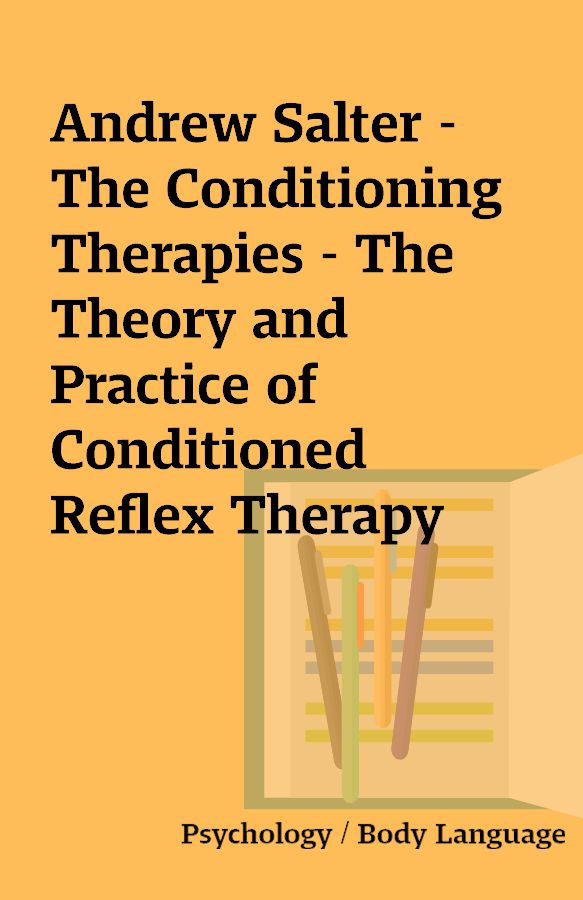
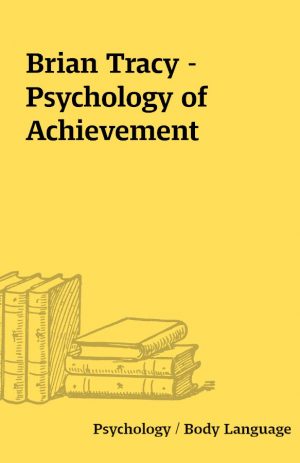
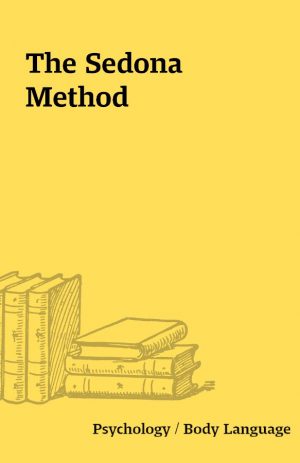
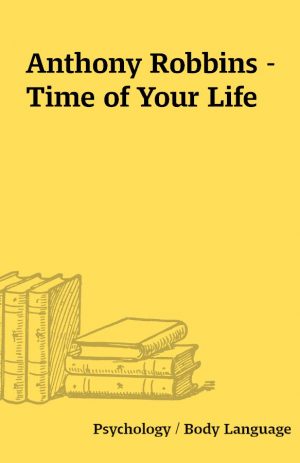
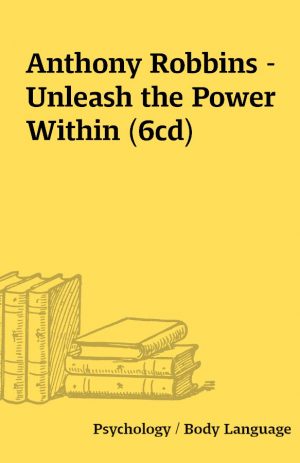
Reviews
There are no reviews yet.